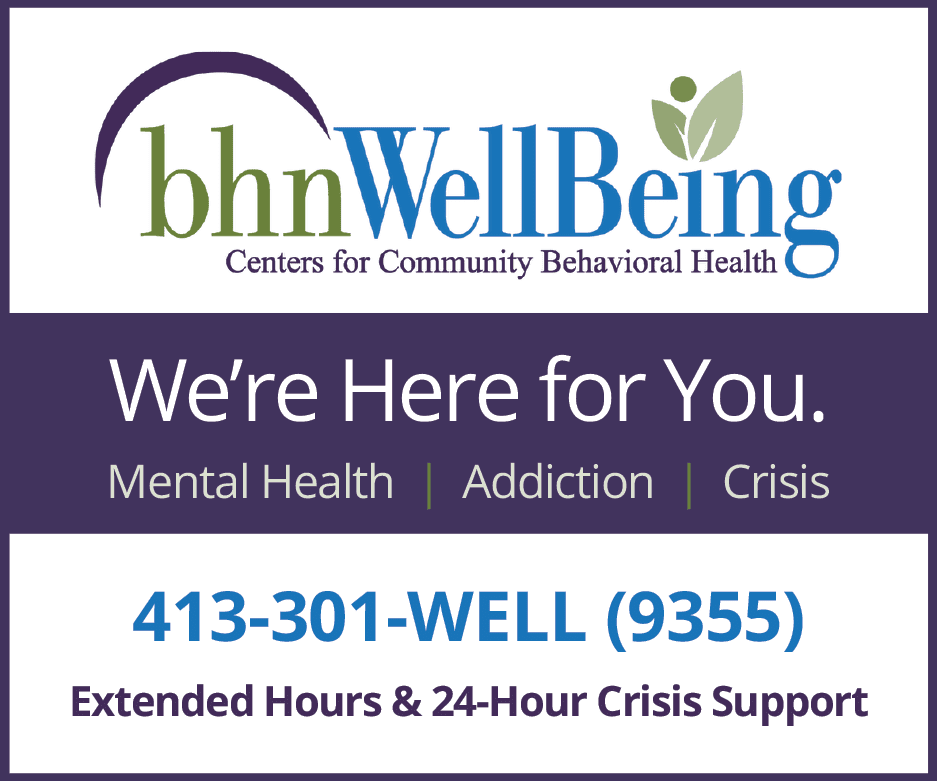For Those Struggling with Addiction, There Is Hope
A Survivor’s Story
By James Basler
There have been 1 million drug-overdose deaths in this country since 1999. On March 21, 2018, my brother was one of them.
I am very lucky, at age 46, to not be one of them, as I, too, have overdosed, but survived. My paper route, as I tell people about my life’s journey, has not been an easy one, with jail time for aggressive behavior while under the influence, time wasted in denial about my substance use and mental health, and letting judgment of others keep me from seeking treatment.
However, I did seek treatment, finding success with daily medication to maintain recovery, along with the behavioral-health counseling that goes with it, in my mind, like peanut butter and jelly. I now share my story with others, as many of us have lost family members and friends to drug overdose.
I tell anyone with addiction that if I can maintain recovery — despite a long history of misuse, startovers, and decisions that did not focus on what I needed to do — you can do it, too. You can find the right combination of support to start and sustain recovery.
My substance use dates to weekend drinking as a young adult, and my addiction and recovery are, you might say, a timeline for the public-health emergency that substance use and mental health have become during the last two decades.
My journey has included alcohol, the once widely prescribed pain med Oxycontin that flamed the country’s overdose crisis, heroin, Section 35 court-order treatment, stays in residential recovery programs, and hospital admissions on a voluntary basis for psychiatric treatment.
I got married; fathered three children, whom I see regularly; and learned and accepted that my addiction, the most severe form of substance use, may have started as a form of self-medication in response to mental-health issues and exposure to trauma.
“I tell anyone with addiction that if I can maintain recovery — despite a long history of misuse, startovers, and decisions that did not focus on what I needed to do — you can do it, too. You can find the right combination of support to start and sustain recovery.”
I have been clean for the last five years except for one relapse three years into my sobriety. Anyone in recovery will tell you relapse is part of recovery. Your brain misses the pleasurable feelings drug dependency produces, especially when life’s realities sideline how such dependency can ruin your life altogether.
I live in sober housing and work daily to maintain recovery, as no one ever said recovery is easy, despite its rewards. You need to stay connected to your treatment and supports, and not go it alone.
I take methadone at the MiraVista Behavioral Health Center in Holyoke, and I also do one-one-counseling for my mental health, as well as group sessions. Substance use can contribute to poor mental health, and poor mental health can contribute to substance use. Finding the right medications and getting the right providers in place for both can take time, but are what enable individuals like myself with a substance-use and mental-health diagnosis to lead fulfilling lives in our community and have healthy relationships.
I was oblivious, growing up in Middlesex County during the 1990s, to the dangers and consequences of substance use. I now understand addiction for what it is: a medical condition that needs individualized treatment, and that there is no shame in getting treatment to manage it.
I have survived to 46 thanks to a little luck, as illicit drugs laced with fentanyl, a laboratory-made opioid that is cheap and 100 times more potent than heroin, have become mainly responsible for the majority of overdose deaths at record numbers in this country; much ongoing support from family and friends; and access as well as commitment to medication-assisted recovery like that at MiraVista.
I hope that my story offers hope for recovery to anyone with substance-use and mental-health disorders. Medications can get you into recovery, and the work you do in counseling motivates and helps sustain it.
James Basler was born in Melrose and raised in Burlington. He is a resident of Holyoke, the father of three, and a patient of MiraVista Behavioral Health Center’s Opioid Treatment program. He is in his fifth year of successful, sustained recovery. For more information on MiraVista’s treatment and recovery programs, call (413) 701-2600, option 3, or visit www.miravistabhc.care.




